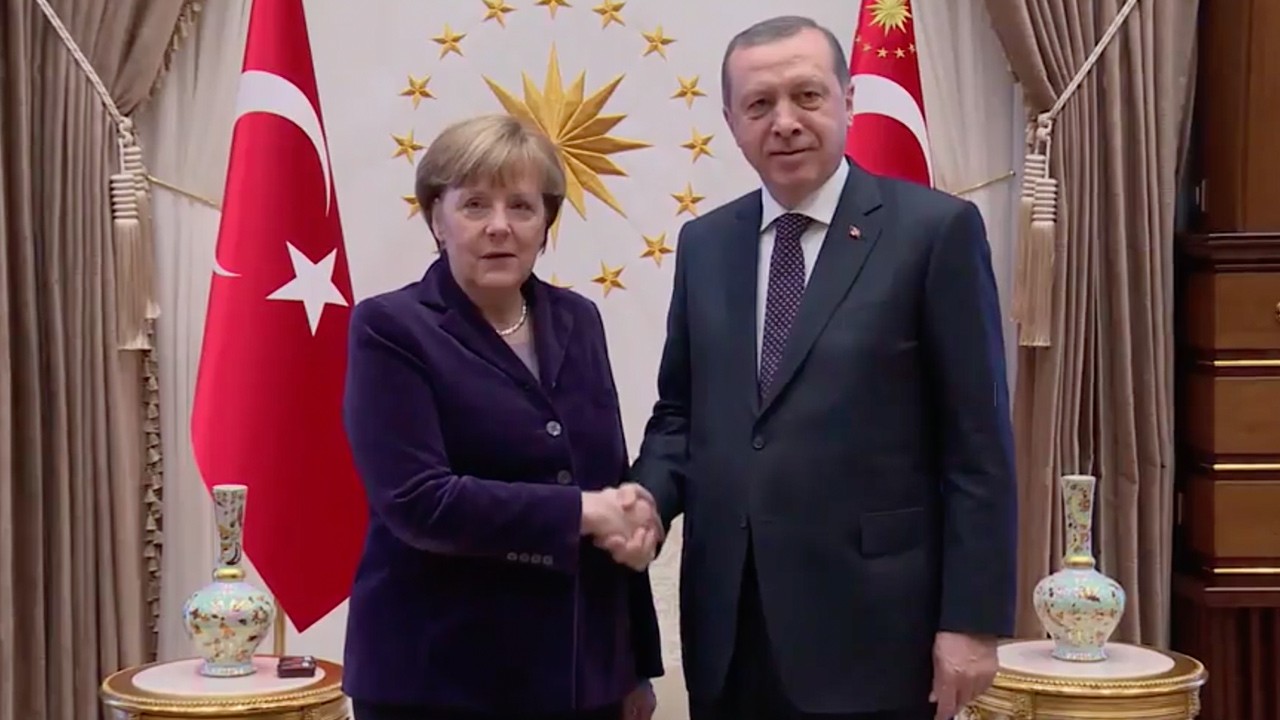Donald Trump rates himself as the ultimate dealmaker, but Germany’s Angela Merkel may have him beat after her last bit of miracle politicking. On Friday, Merkel appeared to be zeroing in on a solution to a three monthlong political stalemate that has left her leadership of the country in doubt.After a marathon all-night negotiation session, Merkel’s conservative Christian Democratic Union (CDU) and the center-left Social Democratic Party (SPD) announced they had reached a breakthrough, agreeing to launch formal talks to form a new coalition government.The parties, Germany’s two biggest political forces, still face a number of hurdles before they can revive the “grand coalition” under which they have governed the country since 2013. But the 28-page coalition agreement represents the best chance yet at ending the political deadlock that has left Europe’s most powerful country rudderless since federal elections in September.Under the agreement, the two sides hammered out compromises on issues that had previously proven to be dead ends, such as immigration, fiscal policy, and healthcare. It also called for strong cooperation with France to strengthen the European Union.“In the seemingly long period of time since the election, we’ve seen that the world is not waiting for us,” Merkel said at a press conference Friday. “We are convinced that Europe needs a fresh start and have developed the right ideas to go with it.” The next hurdle will be for the agreement to be approved by SPD party members – who have been wary of resuming the grand coalition – at a special convention on Jan. 21, before formal talks on the coalition can begin.Read: This Israeli artist is masterfully trolling the German far-rightThe SPD initially refused to renew its alliance with the CDU, which it believed had hurt it politically, after experiencing its worst election results since World War II in September. The CDU also suffered heavy losses, in an election where voters abandoned the political center for more-fringe parties. The far-right Alternative for Germany entered Parliament for the first time, and with a larger percentage than expected.After Merkel’s initial efforts to cobble together an unlikely coalition with minor parties the Free Democrats and the Greens failed, the SPD reconsidered its position to try to provide some political stability.Some factions of the party, such as its youth wing and certain regional associations, remain opposed, but the party's leadership looks determined to find common ground.“It was clear to us from the beginning that it wouldn’t be easy,” SPD leader Martin Schulz told reporters Friday. “I think we produced excellent results.”This doesn't mean Merkel’s fourth term as chancellor is a done deal. If the SPD convention rejects the proposal, or if formal talks collapse, the country will head to the polls once again, and mainstream parties could suffer greater losses to Germany's rising fringes.“There will be difficult tasks to come,” Merkel acknowledged Friday. “The coalition negotiations probably won’t be easier than the exploratory talks.”
Advertisement
Advertisement
